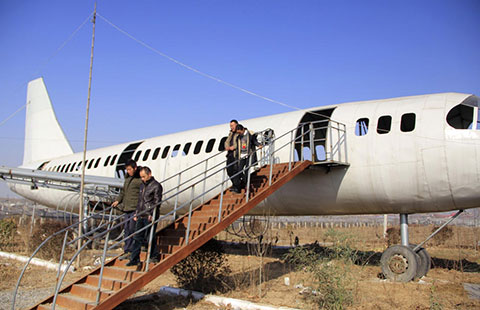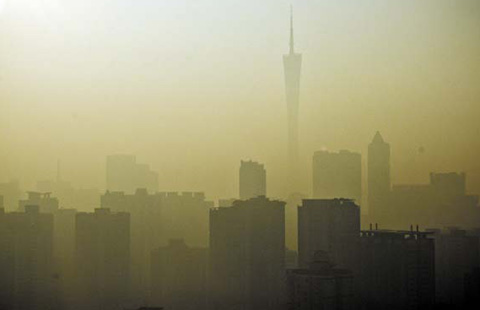China adopts first counter-terrorism law in history
(Xinhua) Updated: 2015-12-28 07:35
BEIJING - China's top legislature on Sunday adopted the country's first counter-terrorism law in the latest attempt to address terrorism at home and help maintain world security.
Lawmakers approved the legislation Sunday afternoon at the end of a week-long bimonthly session of the National People's Congress (NPC) Standing Committee.
At a press conference held on Sunday, An Weixing, an official with the public security ministry, at Sunday's press conference, said China is facing rising threats of terrorism.
"Terrorist attacks have caused heavy losses of people's lives and properties, posing a serious threat to our security, stability, economic development and ethnic unity," An said.
The new law, which will enter into force in January next year, will provide legal support to the country's counter-terrorism activities as well as collaboration with the international society, he said.
The much anticipated couter-terrorism law proposed a national leading organ for counter-terrorism work, which will be in charge of identifying terrorist activities and personnel, and coordinate nationwide anti-terrorist work.
The state will provide necessary financial support for key regions listed in the country's counter-terrorist plan, whereas professional anti-terrorist forces will be established by public security, national security authorities as well as armed forces.
A national intelligence center will be established to coordinate inter-departmental and trans-regional efforts on counter-terrorism intelligence and information.
The term "terrorism" is defined as any proposition or activity -- that, by means of violence, sabotage or threat, generates social panic, undermines public security, infringes on personal and property rights, and menaces government organs and international organizations -- with the aim to realize certain political and ideological purposes.
- Policymakers drop legal ban on surrogacy
- China adopts first counter-terrorism law in history
- New law to stamp out domestic violence
- Chairman of China Telecom probed for corruption
- Newly passed laws pave way for a safer society
- NPC committee suggests deleting draft ban on surrogate pregnancy
- Chinese attend US schools at younger age
- Database directs aid for poor
- Civil aviation to add 200 more international routes in 2016
- More than money: Employees in China demand cleaner office air








